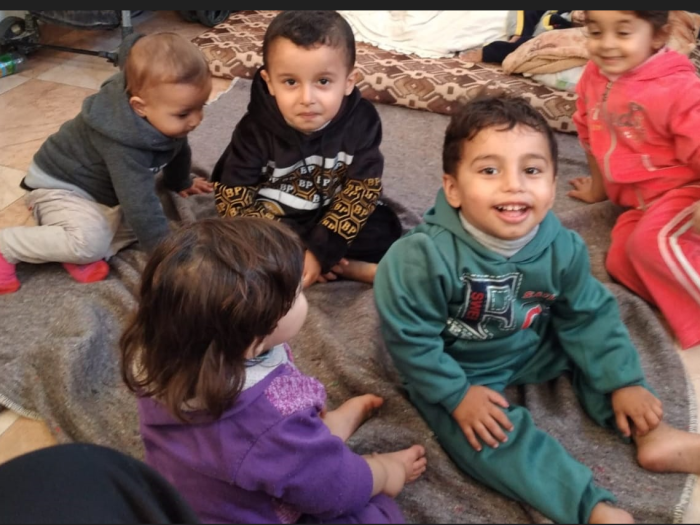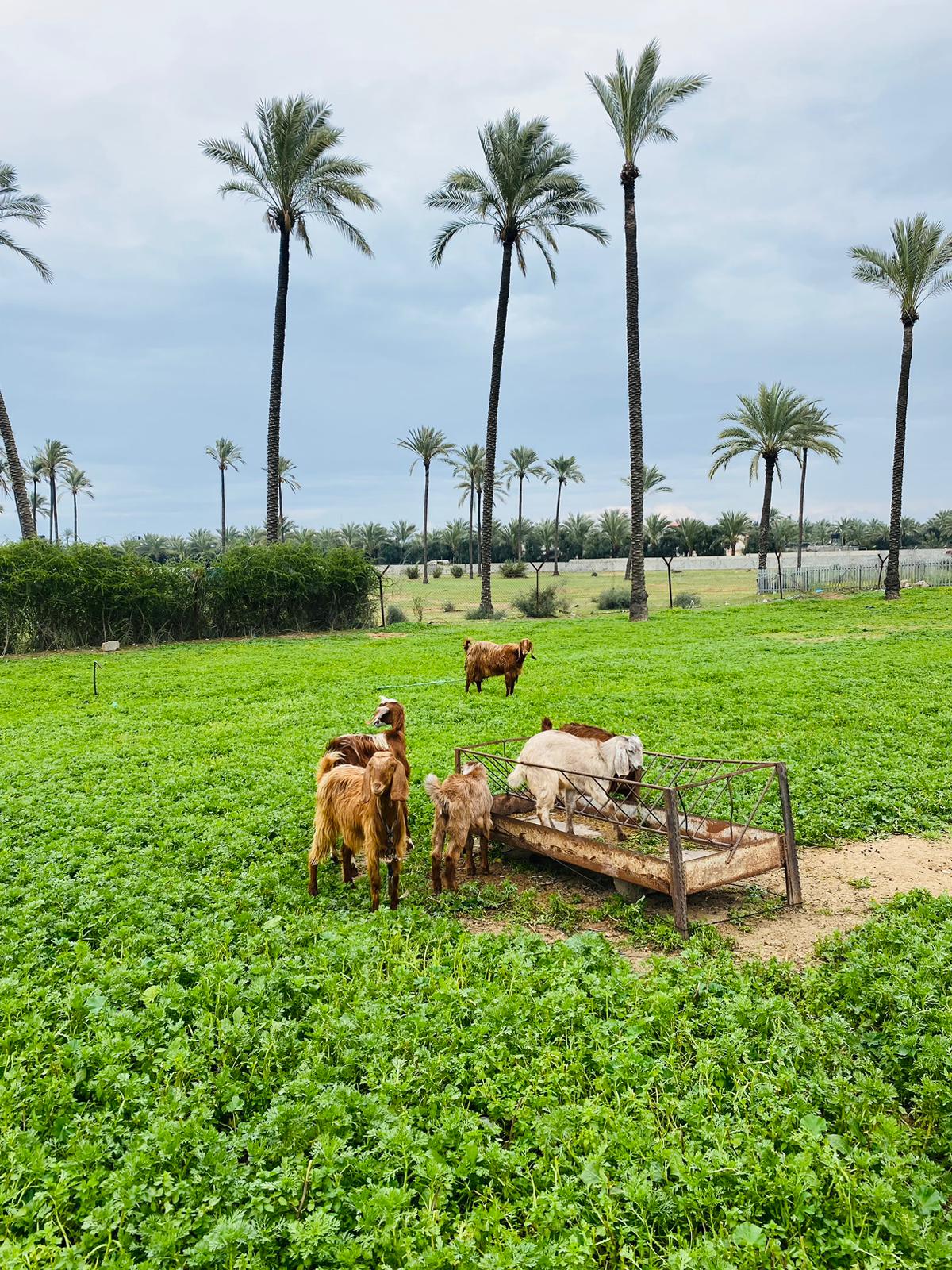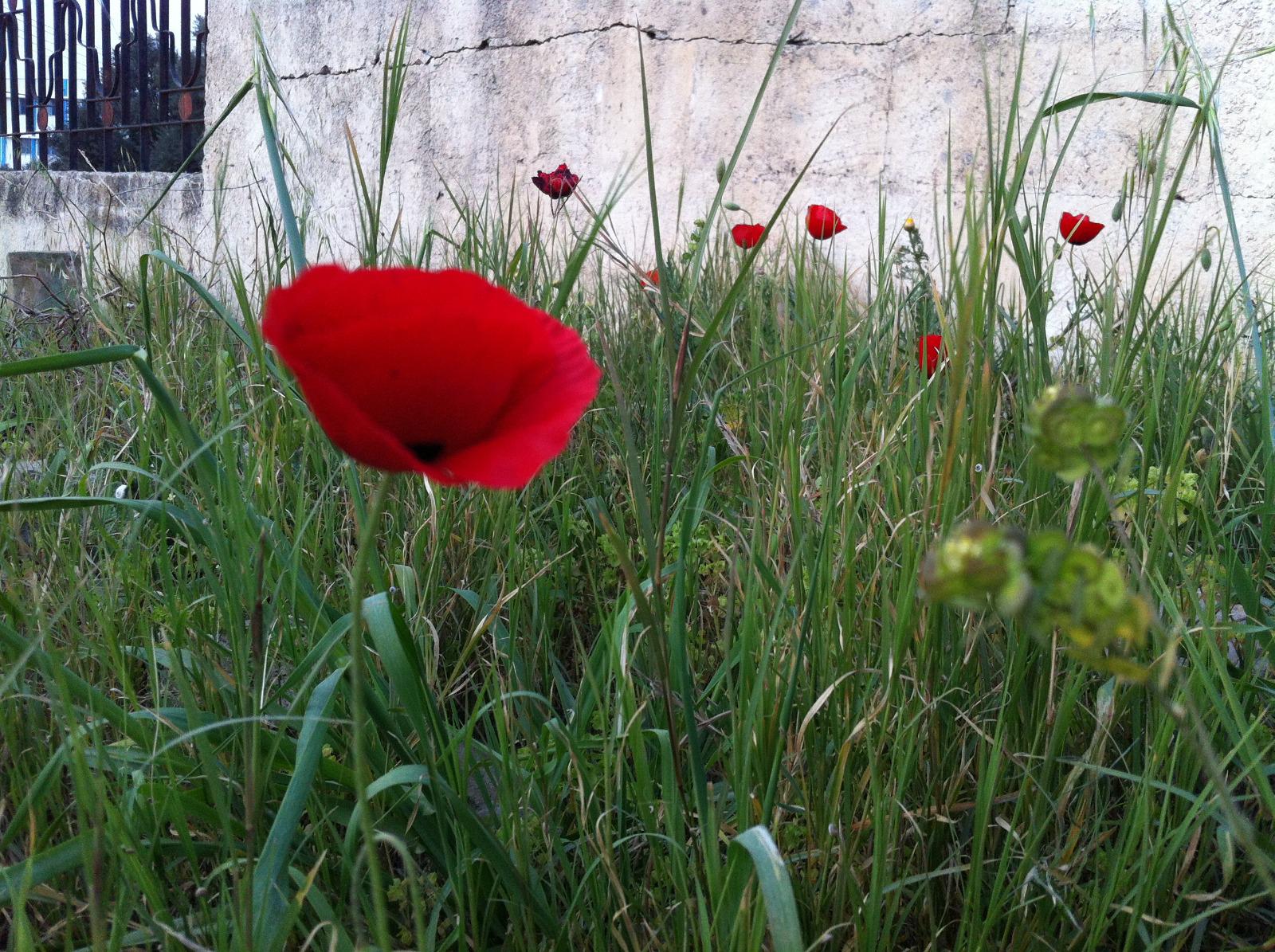
Scan to donate
Illuminate the voices of Palestinian children in Gaza longing for peace. Help us fund a film and book capturing their stories under Israeli occupation.

Sumud (Arabic: صمود)
Is a concept deeply rooted in Palestinian culture and resistance. It translates to “resilience” “steadfastness” or “perseverance” in English. For Palestinians, Sumud embodies their resilience and determination to endure and persist in the face of ongoing adversity, including displacement, occupation, and various forms of oppression.
Our Logo is taken from the olive tree that holds significant cultural, economic, and symbolic value for Palestinians. Here’s why:
Symbol of Resistance: Olive trees have also become a symbol of resistance against occupation. The Israeli government has frequently uprooted or destroyed Palestinian olive trees as part of its policies in the occupied territories. Palestinians often replant and nurture olive trees as a form of non-violent resistance and assertion of their right to the land.
Land Ownership and Identity: Olive groves are often passed down through generations in Palestinian families. They are not just a source of income but also a symbol of Palestinian identity and connection to the land. Many Palestinians view the olive tree as a representation of their historical ties to the land and their enduring presence despite displacement and occupation.
Cultural Importance: Olive trees have been cultivated in historic Palestine for thousands of years. They are deeply ingrained in Palestinian cultural practices, traditions, and cuisine. The olive tree symbolizes resilience, rootedness, and connection to the land for Palestinians.
Economic Livelihood: Olive cultivation forms a crucial part of the Palestinian economy, especially in rural areas. Olive oil production is a major source of income for many Palestinian families, providing employment and sustenance for thousands of people.
Environmental Significance: Olive trees contribute to environmental sustainability in the region by preventing soil erosion, conserving water, and promoting biodiversity. Their preservation is essential for maintaining the ecological balance of the Palestinian landscape.
Overall, olive trees hold multifaceted significance for Palestinians, representing not only their cultural heritage and economic livelihood but also their ongoing struggle for land rights and resistance against occupation.

Sumud Encompasses Several Dimensions

Cultural and Social Resilience
It refers to preserving Palestinian cultural identity, traditions, and ties to the land despite the challenges posed by occupation and displacement. This includes maintaining family and community bonds, traditional practices, and cultural heritage.

Political Resistance
Sumud is also a form of nonviolent resistance, encompassing strategies such as peaceful protest, civil disobedience, and grassroots organizing to challenge occupation policies and demand Palestinian rights, including self-determination and the right of return for refugees.

Economic Sustainability
Sumud involves the resilience of Palestinian communities in sustaining their livelihoods and economic activities despite the challenges posed by occupation, including restrictions on movement, access to resources, and economic development opportunities.

Psychological and Emotional Resilience
It encompasses the psychological and emotional strength of individuals and communities to withstand the impact of trauma, displacement, and ongoing struggle while maintaining hope, dignity, and a sense of identity.
Sumud is often expressed through everyday acts of resistance, such as remaining on and cultivating the land, rebuilding homes and communities after demolitions, supporting local businesses, and refusing to leave despite pressure or threats from occupying forces. It is a foundational aspect of Palestinian identity and collective struggle for justice, freedom, and self-determination.
